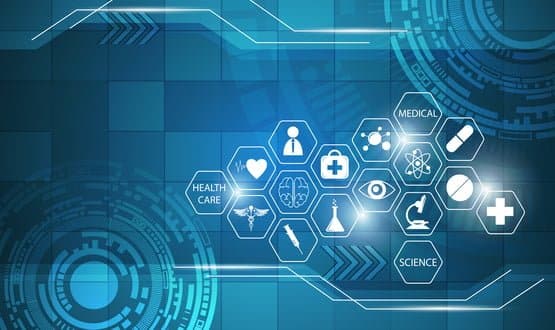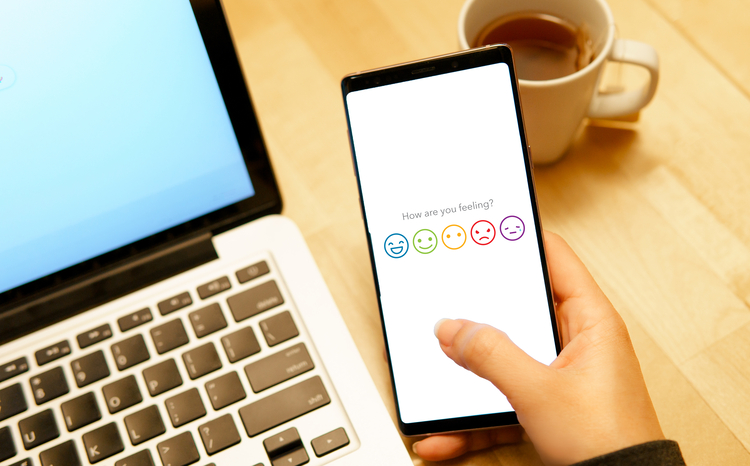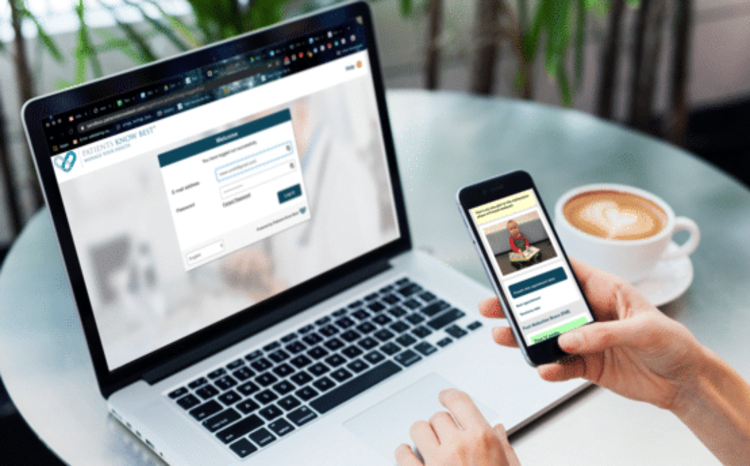Is the third sector the solution to 24/7 mental health care?

In the last few years there has been significant progress in advocating against social stigma of mental health but could the third sector be the key to providing more convenient access to services? Ian Jackson, Medical Director and Clinical Safety Officer at Refero, explains how teaming telecommunications tech with third-sector services could enable joined-up, personalised mental healthcare.
Jeremy Corbyn has vowed to give every child access to mental health support by spending £845 million if Labour succeeds in December’s general election.
And the Conservatives have announced that new models of personalised care will be rolled out to tackle the serious issue of adult mental illness, as part of a “huge boost to community mental health services for adults which will see an extra £975 million going into these services every year.”
Team these announcements with events such as World Mental Health Day, and most recently, the Movember male suicide campaign, we can say that significant progress in advocating against social stigma, raising awareness, and offering crucial support to those in need, is being made. But there is still much work to be done when it comes to delivering effective, consistent, joined-up care through the NHS.
NHS England’s mental health five-year forward view highlights the need for patient and clinician engagement; providing the bridge between someone in need of mental health help, and a person to talk to.
Indeed, joined-up care was the essence of the long-term plan, launched by NHS England Chief Executive Simon Stevens back in January. The plan includes ramping up mental health services – particularly for young people – with investment rising faster than the NHS budget as a whole.
Consumer software is not the solution
Making better use of data and digital technology and providing more convenient access to services and health information for patients, was also stated as a key deliverable in the plan.
While the NHS has taken great strides in recent years towards implementing technology that is having a positive impact, it is still falling victim to using systems not fit for purpose.
If you take a look at Skype.com, you’ll see it says that the software is not a replacement for your telephone, and it should not be used for emergency calls. We are also all too aware of multidisciplinary team (MDTs) using WhatsApp to discuss patient cases, rather than a more secure communications platform. These systems are not designed for the environment they are being used in, and will certainly not help to create joined-up care, in the long term.
Teleconsultation software – designed for this purpose – creates channels of communication not just between doctor and patients, but between medical professionals across care sectors. It uses techniques that we are all familiar with, like video calling and instant messaging, and makes them NHS applicable, safe and easy to use. The tech enables real-time communications and collaboration between the right people, with the right information, at their preferred locations.
24/7 support: enter the third sector
Currently, in many parts of the country, the NHS struggles to provide 24/7 support to those with mental health issues. The Care Quality Commission found that just half of Community Mental Health Teams (CMHTs) are able to offer a 24/7 crisis service today.
So, what happens to patients in distress at the weekend, or in the middle of the night? A combination of modern secure communication and the intelligence from machine learning can be used to build bridges between healthcare and other life-changing public services; such as mental health.
My thinking is that in order to deliver joined-up, consistent mental health support, the third sector needs to become an integrated part of the support process. If the NHS can’t provide 24/7 aid, then we need to be looking at how we integrate with organisations and charities who can.
If we consider a secure cloud-based communication platform, then third sector organisations, community teams, primary care and mental health trust staff can work as part of a locality team be that regional or even local to a specific university support service.
The important part is being able to provide access to the service for all those who are on the team, and to provide a system that allows two-way communication by messaging and video link with patients, and then supports hand off to another team member when care needs to be escalated or managed by another colleague.
Link that with the ability of the team members to use a web portal or an app (the device of their choice) and for them to be notified when there are messages/actions for them, and I believe you have the start of a safer more inclusive 24/7 service.
Using the power of messaging
The use of messaging would also allow the use of intelligence in monitoring the system. Key words or phrases found in messages could be used as warning signs of urgent need and so these can be flagged up as of high concern for the team to look at.
Having the likes of say, the Samaritans more formally involved in the care process would mean that the cry for help could be managed but then escalated into the NHS team when needed. Add to this the ability to video link to the patient and we start to increase the support we can provide without needing an immediate face-to-face meeting.
The technology behind this is acting as a glue to bring people together, it acts as an enabler for team working across organisations. I am under no illusions that this is easy. This process requires negotiation and agreement between the organisations involved. But in my experience, the desire to improve services is there and the fact we have the technology to support new ways of working actually acts as an enabler for the discussions to take place.
The other side is the provision of therapies to individuals or groups of patients. This is again a challenge for the NHS due to the lack of availability of suitably trained staff. The use of video technology enabling remote workers to provide therapies to groups of patients online has the potential to help. This concept of one therapist providing teleconsultation therapy to several patients, or as we call it, one to many, could offer increased flexibility, especially where there can be great distances between patients and available services.
Re-energising existing services
In recent years, public attitudes towards mental health have greatly improved. An increased awareness has heightened understanding of an urgent need to act on improving the experiences of people with mental health problems, both within and beyond the NHS. But there is now a need to re-energise and improve mental health care across the sectors to meet increased demand and improve outcomes, and tech is a safe, secure steppingstone to support this.
Technology enables new ways of engaging people and connecting them with support services, improving and building upon more traditional ways of working to eliminate the possibility of vulnerable people falling through the cracks at the point where services crossover.
It is the move from an analogue to the digital age using technology that is similar to what patients are increasingly using in their day to day lives. Only by using technology to improve existing ways of working will we see real improvements in how mental health is managed in the future.





2 Comments
Fully understand what you are saying Ian. I work as a School Nurse so experience the frustration of long waiting lists (CAMHS) for children and young people with potential mental health issues, wishing assessment, treatment and diagnosis where applicable. HEALIOS is being offered to those who are waiting (sometimes for up to 1yr) but surprisingly, some young people are declining this online communication platform, in preference to face-to-face support at clinic settings. Future research will be needed to see if this approach is effective or not.
This is a bold vision, and the comment about Skype may be unreasonable. I think their public statement is primatily about 999 calls.
Linking the NHS the third sector, social care and the public is valuable especially if it can be done to a standard, on a wide scale (like on publicly available software) and at minimum cost (these are the cinderella care components).
It reminds me of the NHS Digital initiative to link to private and 3rd sector providers of social care on secure email. A simple and universally available start is so important with cash strapped organisations.
Secure electronic communication links will have growing importance, but in mental health, I also believe in the human presence of the support for people with severe (and emergency) mental health problems which is less easy to achieve electronically. So maybe this is better than we can currently achieve but should not be seen (like cbt or electronic cbt) as a cure all.
We could then do with the research which shows what developing methods are effective.
Comments are closed.